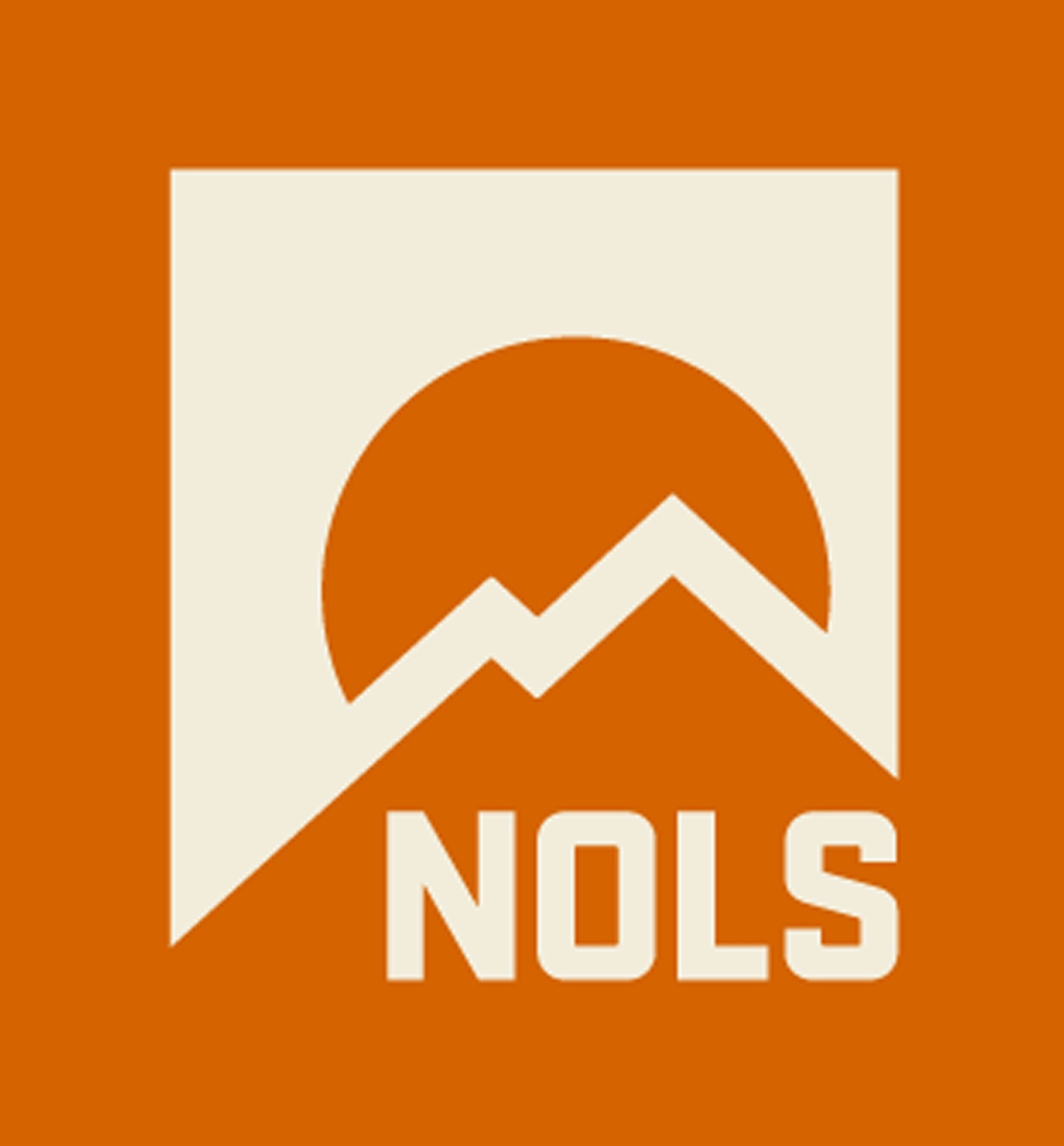This September, the NOLS Wilderness Medicine Institute hosted our annual staff meeting at the Wyss Wilderness Medicine Campus in Lander, Wyoming. Read on to find out about some of the neat things we learned!
By the Numbers
- 2015 celebrates the 25th birthday of the Wilderness Medicine Institute!
- There are 180,000 graduates around the globe who are ready to jump in and help people (that’s a lot of knowledgeable folk!).
- Wilderness medicine classes were taught in 5 languages (English, Spanish, Portuguese, Swedish, and ASL) and 19 countries in 2015. Utmärkt (excellent)!
What the Speakers Taught Us
What Travel Medicine Means
- Travel medicine exists because of the disparity between countries that have many resources available and countries that don't. Otherwise, it would simply be medicine.
- Managing risk is combination of our perception of risk (big or small) and our tolerance of risk (what’s okay with me).
- A travel doctor’s role is to advise people how to travel within their comfort zone of risk
- Speaker: David Shlim, M.D., a renowned travel medicine expert and co-author of Medicine and Compassion.
Advice for Taking Children into the Wilderness
- Children get dehydrated easily. To keep track of their water consumption, give each child their own water bottle so that you can assess how much they're drinking easily.
- Don’t go with kids if you are on a time schedule. They aren't designed to hurry.
- Medical kit: Have everything you need without carrying everything you want.
- Speaker: Greg Stiller M.D., a doctor who has taken his family, including his daughter with insulin-dependent diabetes, on several long wilderness adventures.
Learning as a Skill
- Cramming does not work.
- In order to learn, your studying must include retrieval (testing yourself), must be effortful (intentional), and must have spaced practice (learning over time).
- Speakers: Marcio Paes Barreto and Paul Dreyer, NOLS Instructors
Psychological First Aid
- Adaptive (normal) stress response: our fight-or-flight response kicks in when we see something scary (like a bear), and calms down when the danger is gone.
- Overwhelming stress response: we see something scary and create a detailed memory of it, which kicks in our fight-or-flight response, but without being able to sound the “all-clear.”
- How to provide first aid: create a safe and calm environment, empower the patient and give them hope, and help them connect with other people and themselves in the present (getting out of the scary memory).
- Speaker: Laura McGladrey, NOLS Instructor, PMHNP, MSN, FNP, FAWM (the acronyms mean that she is very knowledgeable and qualified medical professional).
Award Winners: Master of Outdoor Education
This year the two award winners were Iris Saxer and Daniel De Kay. Iris has worked just over 476 weeks in both the backcountry and the classroom, while Daniel has worked just over 565 weeks teaching wilderness medicine.
 Iris Saxer accepts the Master of Education Award from NOLS Executive Director John Gans. Photo by Asa Pape.
Iris Saxer accepts the Master of Education Award from NOLS Executive Director John Gans. Photo by Asa Pape.
 Daniel De Kay accepts the Master of Education Award from NOLS Executive Director John Gans. Photo by Asa Pape.
Daniel De Kay accepts the Master of Education Award from NOLS Executive Director John Gans. Photo by Asa Pape.
Other Topics from the Meeting
- Working with Transgender Patients
- State of the School
- Skin Stuff: Rashes and Infections
- Update on Respiratory Emergencies
- Update on Diabetes
The staff meeting was an excellent three days of learning and fun, and we hope you can join us next year!
Keep an eye out for more blog posts on these topics in the future! Can't wait til then? Check out our wilderness medicine course offerings.
Post cover photo by Tim Struck.
- Leadership Skills
- Lander
- Educators Notebook
- Becoming An Instructor
- Education
- John Gans
- Wilderness Medicine





